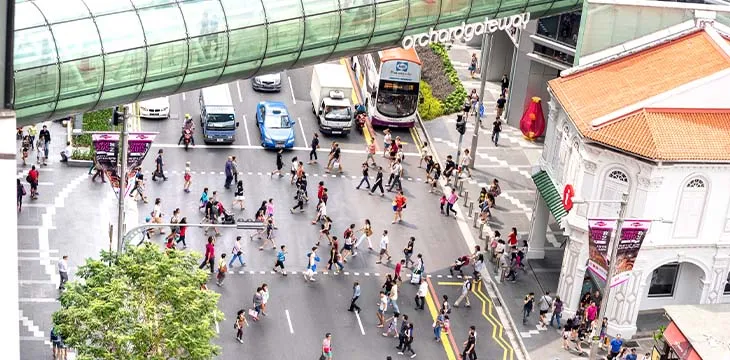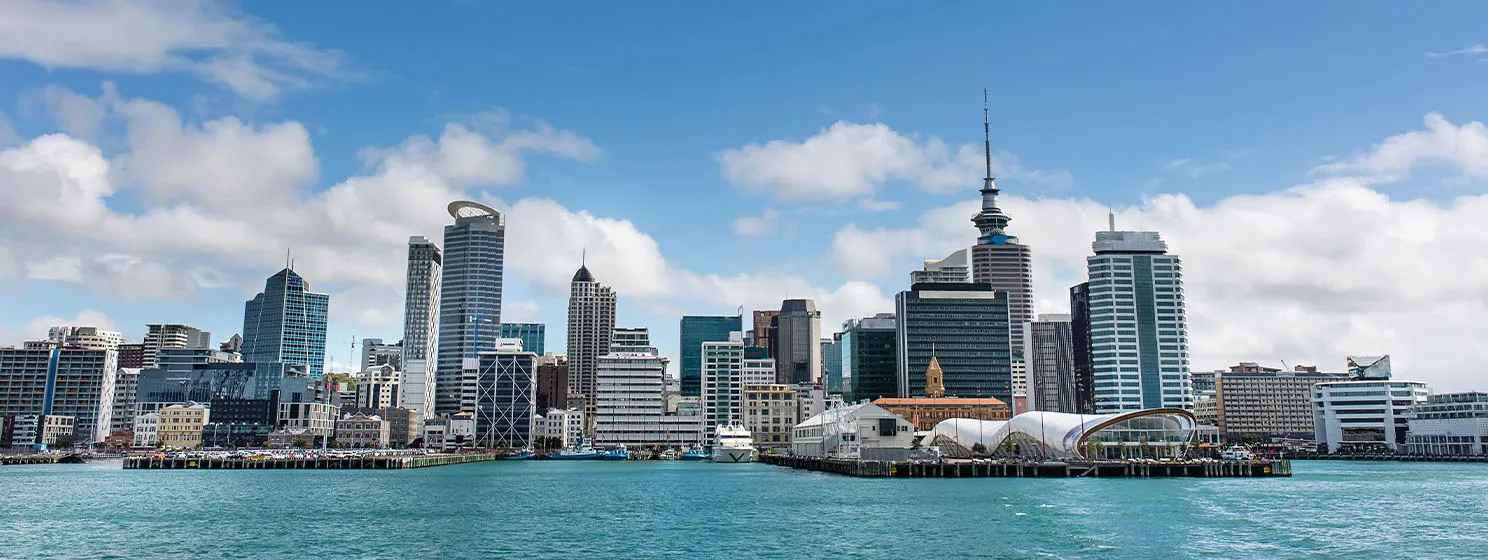|
Getting your Trinity Audio player ready...
|
The Monetary Authority of Singapore (MAS) has announced that it will not be possible for the central bank to protect local users from the harsh effects of FTX’s implosion. In a statement released on November 21, the banking regulator stated that it tried to salvage the situation for citizens but was blighted by jurisdictional issues.
“A first misconception is that it was possible to protect local users who dealt with FTX, such as by ringfencing their assets or ensuring that FTX backed its assets with reserves,” the central bank wrote. “MAS cannot do this as FTX is not licensed by MAS and operates offshore,” it added.
Critics have taken swipes at MAS for placing Binance on the Investor Alert List (IAL) in the past, wondering why FTX was not included in the list. However, MAS seized the opportunity to clear the air, stating that Binance’s operation put customers at greater risk because they “actively solicited users” in the country and that it received multiple complaints against the exchange’s activities.
“While both Binance and FTX are not licensed here, there is a clear difference between the two: Binance was actively soliciting users in Singapore while FTX was not,” said MAS. Binance, in fact, went to the extent of offering listings in Singapore dollars and accepted Singapore-specific payment modes such as PayNow and PayLah.
The exit of Binance from the country led to most digital currency traders moving their activities to FTX, an entity not blacklisted by MAS. Onchain reports show that Singapore contributed a large chunk of the FTX monthly unique visitors, pegged at over 240,000 users. Other countries in Southeast Asia are bearing the brunt of the exchange’s collapse, like Japan and South Korea, with 223,000 and 297,000, respectively.
Reinforcing the belief of Singaporean regulators
Investors and other market participants are bracing for even harsher policies against the digital asset sector in Singapore. Pundits are hinging their predictions on the collapse of Zipmex, Three Arrows Capital (3AC), and Celsius and the stiff reaction of financial regulators in the country.
The country proposed a ban on digital asset credit to reduce the incidences of token trading, while industry service providers have been ordered to limit digital asset trading to official platforms.
MAS told the public that although a digital asset exchange is licensed in the country, there is little investor protection available in the industry except for money-laundering risks.
“The ongoing turmoil in the crypto industry serves as a reminder of the huge risks of dealing in cryptocurrencies. As MAS has repeatedly stated, there is no protection for customers who deal in cryptocurrencies. They can lose all their money,” MAS said.
Follow CoinGeek’s Crypto Crime Cartel series, which delves into the stream of groups—a from BitMEX to Binance, Bitcoin.com, Blockstream, ShapeShift, Coinbase, Ripple,
Ethereum, FTX and Tether—who have co-opted the digital asset revolution and turned the industry into a minefield for naïve (and even experienced) players in the market.

 07-17-2025
07-17-2025 





